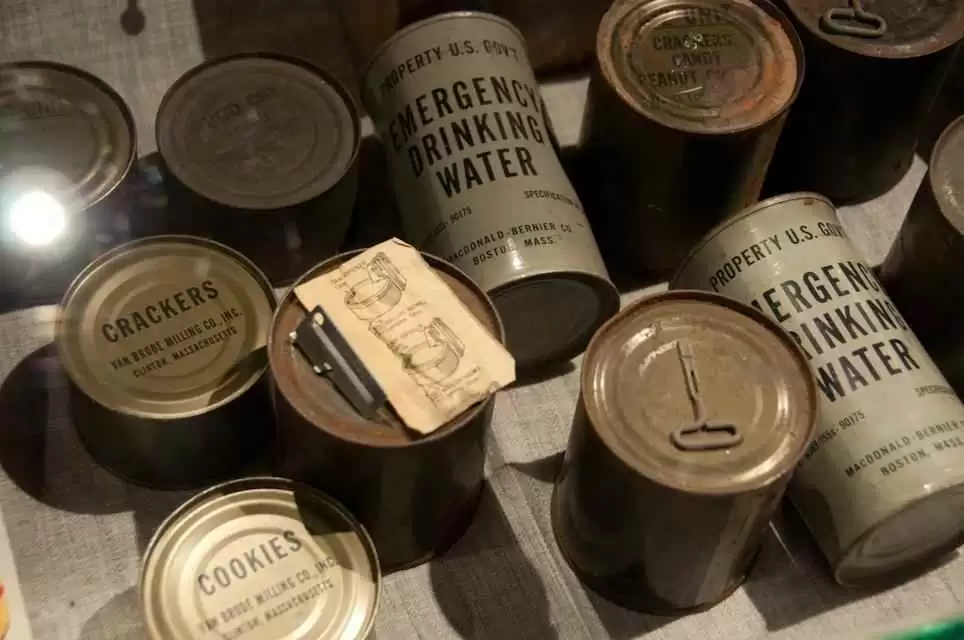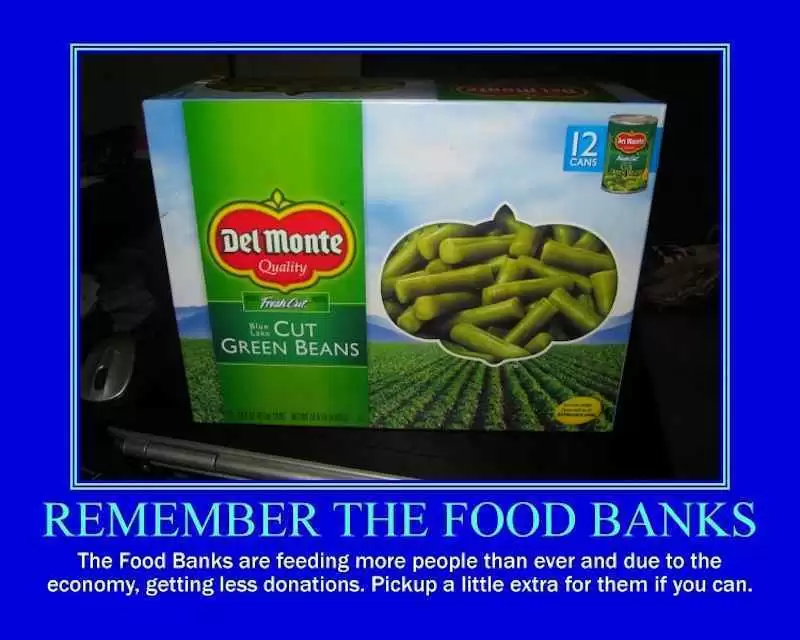
Celiac.com 11/24/2017 - Do you have an emergency survival kit at home should disaster strike? Does that include drinking water and gluten-free provisions for at least a few days?
The fallout from the latest string of disasters still looms over parts of America; over Houston, Florida and neighboring states devastated by Hurricanes and by resulting floods; and over northern California communities devastated by wildfires.
Celiac.com Sponsor (A12):
That got us thinking about emergency kits. Gluten-Free-free emergency kits, to be precise.
What's in Your Emergency Gluten-Free Food Kit? This list is by no means authoritative or final. In fact, we are inviting you to share any favorites or ideas you may have for your own emergency kit.
Your Gluten-free Emergency Kit should include the following:
- Water: You'll need a minimum of 3 days worth of drinking water for ever person. This includes water for cooking and other non-drinking uses. When it comes to water, it never hurts to have more than you need, so consider stocking even more than a 3 day supply.
- Food: When assembling a survival kit, you want to put together a kit that will feed each family member family 2 cups of prepared meals 3 times a day. Canned foods like black beans are essential.
Any of the following food items are good to have in your kit:
- Rice, Quinoa and Other Gluten-free Grains: Organic grains like rice and quinoa make great additions to an emergency kit. Be sure to soak your grains before you cook them. If you're on a grain-free diet, quinoa works well, if you can tolerate it.
- Dried Potatoes: Dried potato flakes can be used to make mashed potatoes.
- Pasta: Gluten-free pasta are good additions to any emergency kit.
- Gluten-free Crackers or other snacks: Gluten-free crackers can be part of a no-cook meal, especially when combined with canned tuna or other fish.
- Canned Pasta Sauces: If you're stocking gluten-free pasta, then be sure to stock your favorite pasta sauce. Pomí makes a boxed pasta sauce that packs easily for emergency storage. There are a number of canned pasta sauces on the market, so stock whatever you like.
- Canned and Dried Meats: Jerky, Spam, Dried Salami, and Canned Tuna or other Fish make excellent additions to any emergency kit. Homemade jerky can be kept in an air-tight container for about a year. It's a great source of protein, and a great no-cook snack with options like beef, bison, pork, turkey and salmon.
- Spices and Gluten-free Bouillon cubes or packets: Since you may be making things like rice, or quinoa, or other things that may need some spices to lively them up, spices are a smart addition to your emergency kit. Make sure yours are gluten-free.
Keep your kit in a cool, dry place that can be reached in an emergency. Consider building your kit around a printed menu that can be prepared with the items you have stocked. Remember, since gas and electric may not be functioning in an emergency, you may not have full cooking facilities, so plan meals that you can make with minimal preparation and fuss.
Want someone to make your emergency kit for you? Check out https://www.emergencykits.com/emergency-food/gluten-free.





Recommended Comments
There are no comments to display.
Create an account or sign in to comment
You need to be a member in order to leave a comment
Create an account
Sign up for a new account in our community. It's easy!
Register a new accountSign in
Already have an account? Sign in here.
Sign In Now